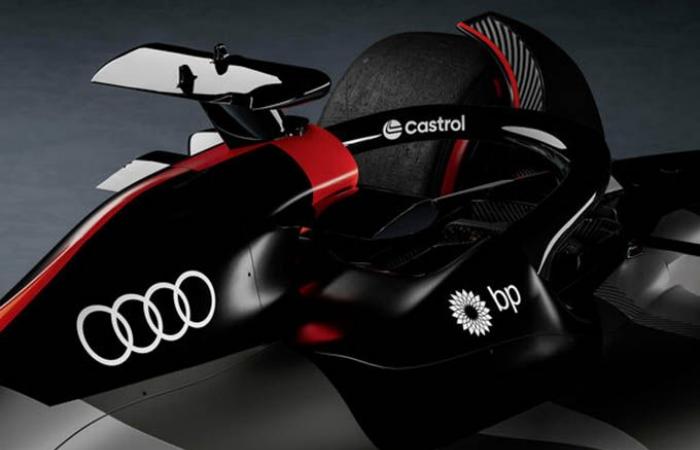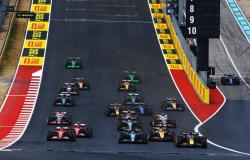Audi is likely to complete a partial sale of its Formula 1 team before it even hits the starting grid.
The full takeover of Sauber was deemed essential by Audi in early 2024, when it opted to increase its initial stake from 75% to 100%.
This process is expected to be finalized before 2026, when Audi will completely rebrand the team and officially enter F1 for the first time when the new regulations come into force which will include the debut of Audi's first F1 engine.
But fairly well-founded speculation in Germany indicates that Audi will not own the team 100%.
An investment from Qatar's sovereign wealth fund, which has hundreds of billions of dollars in assets across various countries and sectors, is being considered and could be announced at the Qatar Grand Prix in three weeks.
Qatar would make a minority investment, leaving Audi with a majority stake in the F1 team.
Audi is not commenting on speculation, but its interest in such a deal likely reflects the additional investment required to turn around Sauber's Hinwil headquarters.
Buying the Swiss team while creating its own bespoke F1 engine factory based on Audi Neuburg was very expensive. Based on the initial 75% deal, acquiring 100% of Sauber probably cost around €600 million. The development of the engine will also likely have a nine-figure cost, in excess of a billion euros.
Funding new developments in Hinwil through external investment will ease pressure at a time when parent company VW Group is taking drastic measures to cut costs, including closing factories and cutting thousands of jobs. jobs.
Audi remains adamant that its F1 project is not in danger despite these wider issues affecting the group, but any program under the control of a car manufacturer is vulnerable to such variables, so even if full control of Sauber was the preferred route, it might not be pragmatic.
Retaining a majority stake would allow Audi to maintain control and would likely not impact the team's branding. This is consistent with the Qatar Investment Authority's strategy of diversifying into various non-domestic organisations, including Barclays and even the VW Group, meaning there is already a link at this level.
The state is already heavily invested in F1 through the long-term Qatar Grand Prix deal and sponsorship of Qatar Airways. Qatar has also been linked to a potential bid for F1's commercial rights several times over the past two years, bids rejected by Liberty Media.
Although the investment is not of such magnitude, it is similar in principle to Mumtalakat, Bahrain's sovereign wealth fund, investing in McLaren: basically, Qatar is getting a low-liability, low-cost F1 investment. high yield potential, linked to a prestigious brand, as well as a different route to F1.
McLaren's situation was unique for a while. But new investments in minority stakes of F1 teams have become increasingly common, as the value of these teams has increased in recent years due to F1's growing popularity and commercial success.
For example, Daimler only owns a third of the Mercedes F1 team, with team boss Toto Wolff and INEOS owner Jim Ratcliffe being the other owners (a third each).
The most important sources are investment funds in the United States and the Middle East.
Renault sold a 24% stake in Alpine F1 last year to a group of investors led by Otro Capital.
After doing the same at the same time with Arctos Partners, Aston Martin F1 should sell new shares in its team to two other American investment funds.
The Public Investment Fund, Saudi Arabia's sovereign wealth fund, also has rights to shares in the Aston Martin F1 team. He is already an investor in the car manufacturer Aston Martin.







